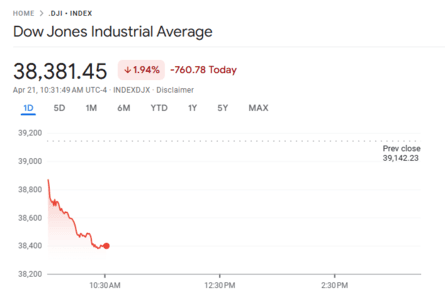Appeals Court Upholds Felon Firearm Ban, Judges Voice Constitutional Doubts
A federal appeals panel affirmed a felon’s conviction for possessing a firearm even as two judges openly questioned whether the underlying statute is constitutional. The opinion underscores a clash between precedent and constitutional scrutiny that could invite further review and shape national debates over gun regulation and congressional power.
Listen to Article
Click play to generate audio

A three judge panel of the United States Court of Appeals for the Fifth Circuit upheld a conviction of a convicted felon for possessing a firearm, while two judges separately registered serious doubts about the constitutionality of the federal prohibition at issue. The decision, reported in Bloomberg Law's Daily Labor Report, highlights persistent friction between long established precedent and renewed scrutiny of statutory limits on individual rights and congressional authority.
Judge Don R. Willett wrote a concurrence, joined by Judge Stuart Kyle Duncan, in which the judges raised questions about whether 18 U.S.C. section 922(g)(1) squared with constitutional principles that confine Congress to its enumerated powers and protect individual liberties. Even so, while I harbor doubts that § 922(g)(1) is constitutional, I have no doubt about what our precedent requires, Willett said. That formulation captured the central tension of the opinion. The judges acknowledged their reservations, yet felt constrained to follow binding circuit and Supreme Court precedent that has long sustained the statute.
The case does not mark a change in the law, but it does magnify an emerging fault line in appellate courts as judges grapple with how to reconcile precedent with evolving views on the scope of federal power and the reach of constitutional protections. The Fifth Circuit sits at the center of a region where political and legal debates over gun policy are particularly acute, and the concurrence could signal a willingness among some jurists to press these questions further.
Legal scholars say such concurrences can have an outsized effect. They can frame issues for future litigants and for high courts weighing whether to grant review. If the Supreme Court were to accept a case squarely presenting the constitutionality of section 922(g)(1), the consequences could reach beyond a single conviction to affect how Congress addresses public safety, criminal sanctions, and the boundaries of federal regulation.
The decision also feeds into broader national debates about firearms that are informed by differing legal traditions around the world. Many democracies restrict firearm possession by those with criminal convictions as a matter of public safety. American courts are now increasingly asked to weigh those regulatory aims against textual and structural limits in the Constitution, a balancing act that carries implications for separation of powers and federalism.
For now the conviction stands, and the statute remains operative. But the concurrence’s expressed doubts ensure that the constitutional question will remain alive in legal and political discourse. As courts and litigants respond, the issue may return to the federal judiciary with deeper factual records and sharper legal arguments, potentially inviting the Supreme Court to resolve what two appellate judges have framed as a constitutional unease beneath enduring precedent.


